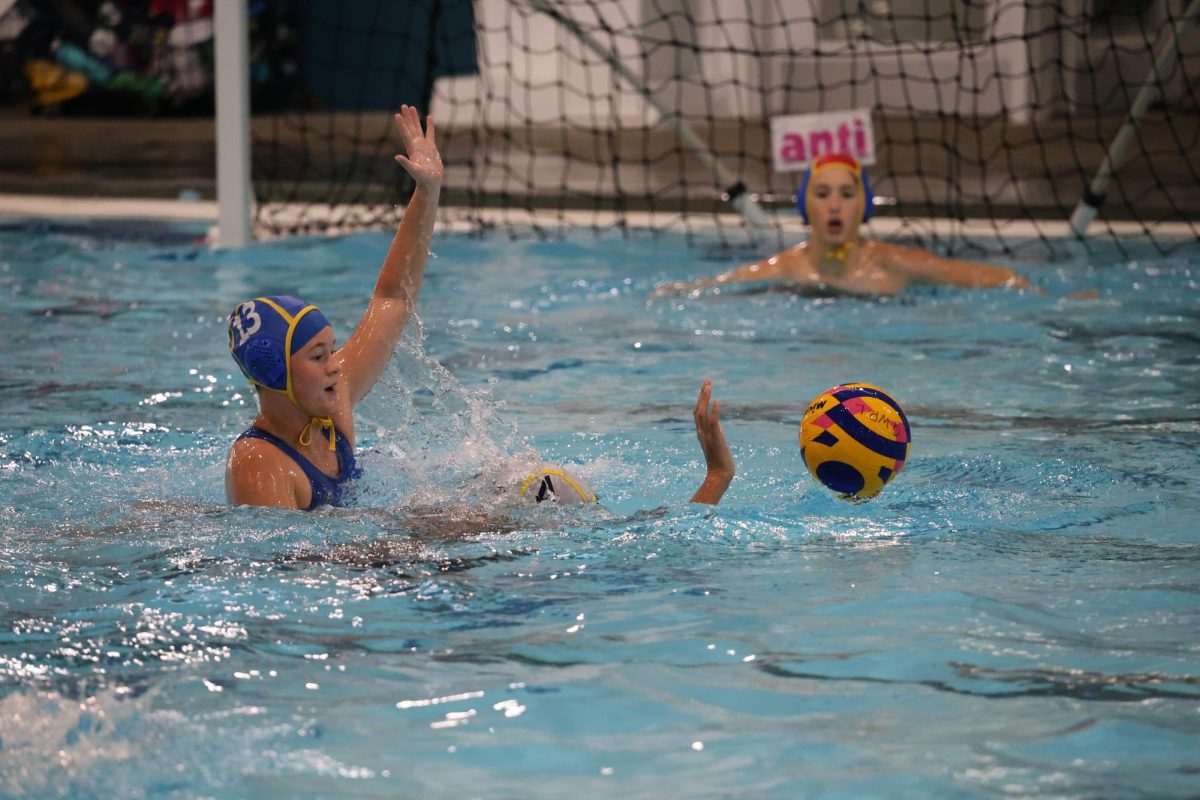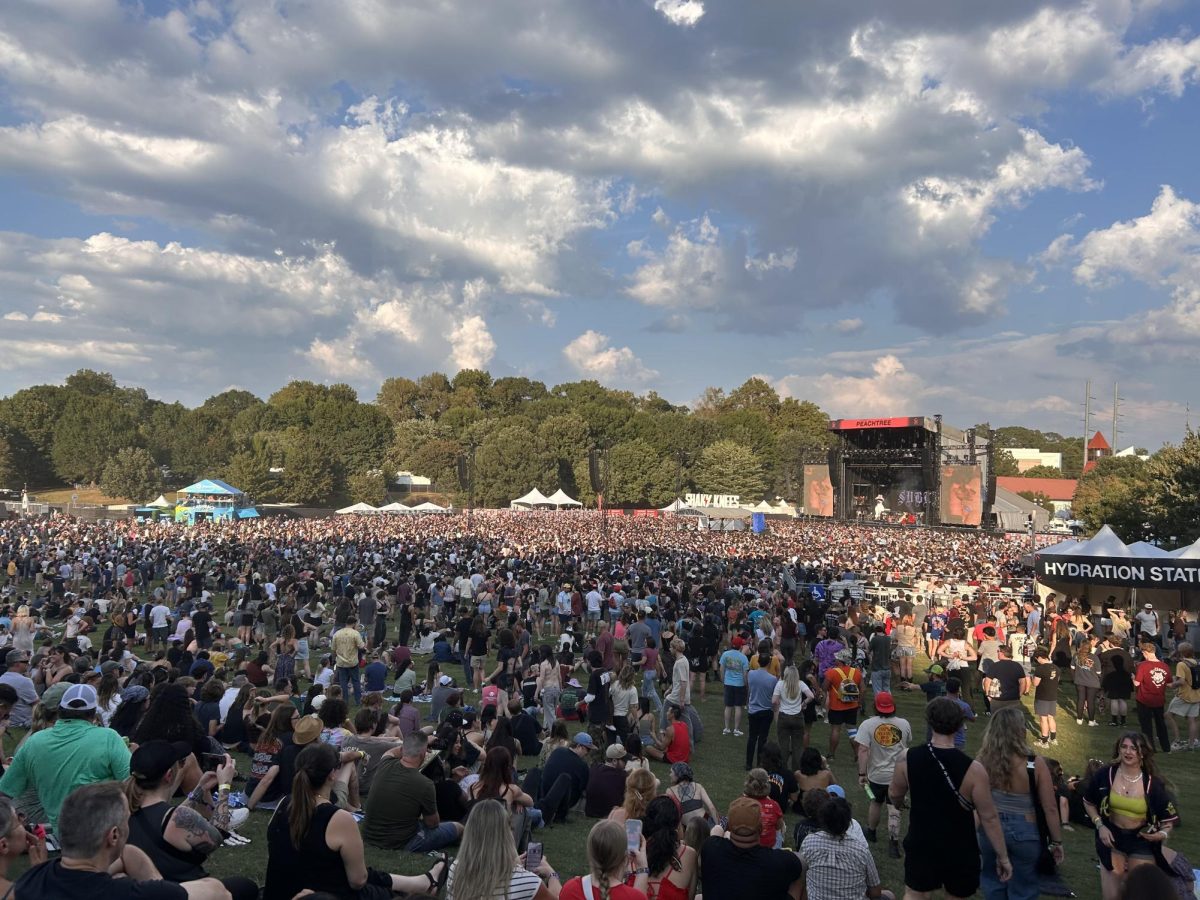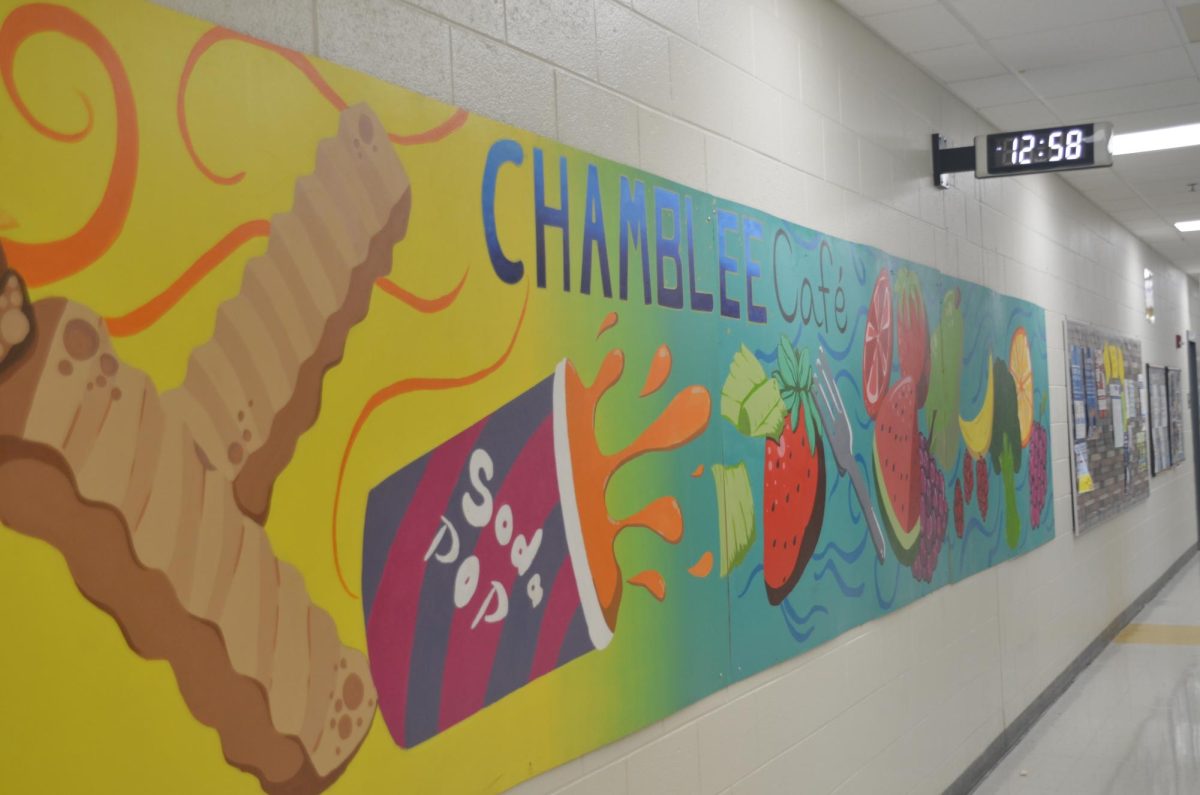Recapping AP Capstone: Was It Worth It?
November 4, 2020
Starting in their sophomore or junior years of high school, Chamblee students are given the opportunity to take a two-year diploma program called AP Capstone. According to College Board’s official website, AP Capstone aims to “develop students’ skills in research, analysis, evidence-based arguments, collaboration, writing, and presenting […] rather than [teaching] subject-specific content.”
The program essentially consists of two AP courses, each a year long: AP Seminar and AP Research. AP Seminar, the prerequisite to AP Research, is the first-year course that allows students to explore and research different topics and perspectives through assignments such as presentations, papers, and group projects. According to the official AP course description, AP Seminar is ultimately intended to “equip students with the power to ana5lyze and evaluate information with accuracy and precision in order to craft and communicate evidence-based arguments.”
“My experience in [AP Seminar] overall was good,” said senior Andre Jackson, who completed AP Seminar and is currently in his second year of the program. “The goal of the class was to write a paper on any topic of your desire and be ready to present on the given due date.”
AP Research, on the other hand, builds on the skills learned in AP Seminar. Students choose their own topic and work on a year-long investigation project, writing a 5,000-word research paper presenting their topic and defending their argument.
“I think the skills I developed the most in these classes were my writing and presentation skills,” said senior Abby Starr, who completed the diploma program in her junior year. “I got a lot better at creating attractive PowerPoints and giving lengthy presentations in groups [and] by myself, which was important since I’ve never been great at public speaking. I also learned how to cite throughout a paper and other things about MLA [and] APA [format].”
The AP Capstone program was created by College Board at the recommendation of college professionals who felt that it would be beneficial for high school students to learn these skills before graduating, as it would prepare them for the type of assignments and work they would be doing in college.
“I think that the AP Capstone program is one of the most underrated courses at Chamblee. The style of college work is very often project-based, and this is the only course at Chamblee that prepared me for that,” said college freshman Andrew Rodgers, who completed the diploma program in his senior year. “The amount of independence and self-work that is required really helps develop researching and report-writing skills.”
With the large amount of independence that the class grants, students are expected to manage their time appropriately and are held accountable for staying on track without micromanagement from the teacher. However, that doesn’t mean that students are completely left to their own devices without any guidance.
“Mr. Avett does an amazing job at giving us space to make mistakes and learn in controlled ways before we have to work on our actual projects,” said Rodgers. “It was hard to see the benefit while in the class [at first], as implementing a strict self-schedule in class can be difficult, [but] now that I have been through it, it is easy to see that it was one of the most impactful courses I took at Chamblee.”
“Mr. Avett,” of course, refers to Fred Avett, one of the three AP Capstone teachers at Chamblee. The other two teachers are Kurt Koeplin and Holly Isserstedt.
As for the course workload, students didn’t find it to be too overwhelming as long as they managed their time efficiently and didn’t fall behind on assignment due dates.
“It was definitely more work than I expected but overall, it wasn’t too bad. There were some weeks where I had procrastinated a lot so I was spending way more time on AP Capstone than usual, but for the most part, the work was manageable and honestly equal to [or] less than the work I had for other classes,” said Starr.
Jackson feels the same way.
“The workload was on par with my other classes in my opinion. It’s just that a lot of people procrastinated because [there] is a [lot of] time to get the project done so people kept putting it off. But in reality, for someone [who works] on schedule, the workload is not bad at all,” he said.
In fact, Jackson even stressed how the structure of the class and its workload helped him become a better student.
“Some valuable skills I learned were flexibility with others and time management. When you’re in a group full of teenagers, not everything is going to go according to plan so people have to adapt,” he said.
So what are these students’ final verdicts on whether or not they found AP Capstone to be worth the two-year commitment?
“I would strongly recommend this class to all AP students at Chamblee as it is one of the only courses that gave me skills to use outside of high school,” said Rodgers. “Oftentimes, AP [classes] are simply used for a GPA boost, but the Capstone program provides an opportunity for students to learn real research skills that they will definitely use in the future. Additionally, it provides a good platform for students to question the status quo and pressure topics that truly interest them,” said Rodgers.
Starr shares the same sentiment but warns students against taking the class just for the sake of taking it, especially if it doesn’t seem like a great fit.
“I think it was worth it. If given the chance, I would definitely take it again,” she said. “[But] I think it really depends on how much you like writing [and] research and your skills as a writer. You spend a lot of time hunting down information and reading articles, more time than I originally thought, and of course, writing your papers. If that doesn’t sound like something you’d like or think you’d be good at, AP Capstone probably isn’t going to be a good class to take,” said Starr.
For students who wouldn’t mind doing a lot of writing and research though, AP Capstone provides a learning opportunity found in no other class at the school.
“If you do think it’s a good fit for you [however], I would recommend taking it since it’s a good experience and I feel like it prepped me for college-level research which is an experience I wouldn’t have gotten in any other class,” Starr said.
Ultimately, most students who completed the program seem to have generally enjoyed it or at least gained something valuable from it.
“I liked AP Capstone a lot. I got lucky and had great groups of people in my classes both years. I loved the community we fostered and how we got to collaborate and support each others’ papers. […] I’m also really proud of the work I produced over the two years. It feels kind of the worst sometimes when you’re super stressed and stuck in the middle of your paper, but it’s so cool that I can look back at all these things I’ve created,” said Starr.










